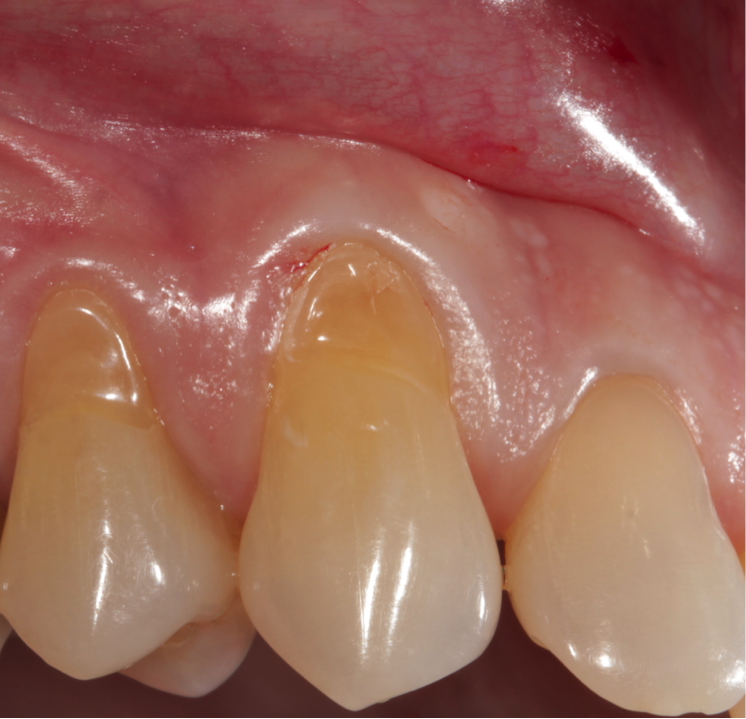Loose teeth are a sign of very serious problems, and require immediate dental intervention. But don’t panic, as the problem can be solved, and even completely healthy teeth are a little bit mobile. What level of mobility is unhealthy? How can you tell? What can you do about it once the problem has made itself apparent?

What makes teeth move?
As with most dental problems, mobile teeth also have improper oral care and poor dental hygiene as its main causes.
If you do not take good care of your teeth, you have a much higher chance of having plaque and tartar, and the bacteria that live in the plaque that gets stuck on your teeth are the causes of numerous infections and inflammations. In the long run, these bacteria and these inflammations in particular hurt the soft tissues, and thus your teeth, which are rooted in your soft tissues, become mobile. Usually teeth become mobile as a result of alveolitis, which not only affects the soft tissues, but can also damage the jawbones. Bleeding gums can be a warning sign of inflammation of this sort, as can swelling of the gums, sensitivity, a painful bite, as well as halitosis. Besides poor oral hygiene, unhealthy eating habits and stress are all major factors, as is smoking and drinking, and bruxism.
These factors can all be reduced or even completely eliminated in time, but certain factors can come along that can only be dealt with by the dentist, as you may be powerless against it.
Teeth can loosen if they are loaded unevenly. This problem occurs when teeth are not aligned properly, and a loose filling or a missing tooth can all make the tooth in question wobble. If a missing tooth is not replaced with some kind of tooth replacement method, than the teeth next to it are likely to become mobile, and may start to sink towards the tooth gap. This problem affects every single remaining tooth in the mouth, and the uneven loading you will experience while eating or chewing will result in those teeth becoming loose.

How do you treat mobile teeth?
As always, prevention is the best medicine. In order to keep our teeth, we must practice proper oral care at home, go to half year check-ups with our dentist, and undergo a dental hygiene session at least once a year.
But even if you are experiencing the first warning signs of inflammation, there is nothing to worry about. Gingivitis, as this inflammation is called, can be dealt with by cleaning your teeth and your tooth gaps with the help of dental floss or an interdental toothbrush, and if need be, get a hygiene session and get your tartar removed, and worst case scenario is you may need to take antibiotics to kill the infection in your gums.
If the infection has spread to the tooth roots and to the surrounding alveolus, than you have a more serious issue; the gums will start to recede, and tiny packets will form between the teeth and the gums. At this advanced stage of alveolitis, the bone material will also start to decay, and the teeth become mobile. This problem can be cured with a curettage, and the most serious cases will require extensive oral surgery.
Our recommendation is to go and see your dentist at the very first instance or sign of an inflammation, as this can prevent more serious problems from forming. Only a trained dental professional will be able to help you, as loose teeth can be caused by a number of other health issues as well, and some of them may not be apparent or may not even stem from the mouth, and may need a more detailed medical analysis before the root of the problem can be found.

Check out our offers!
To see our complete pricelist, please click here!

